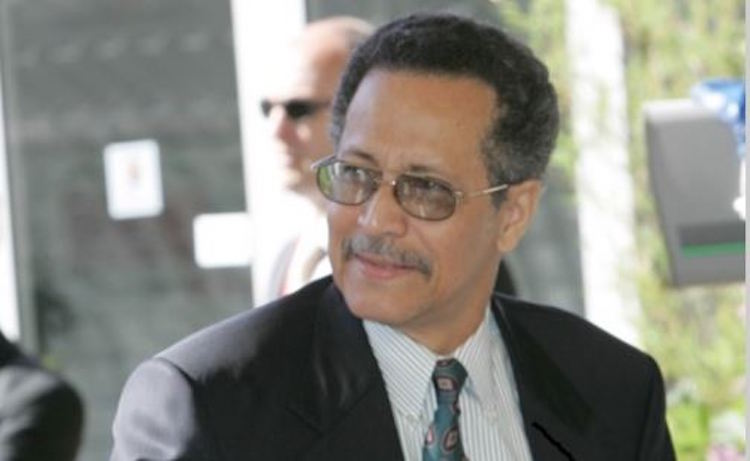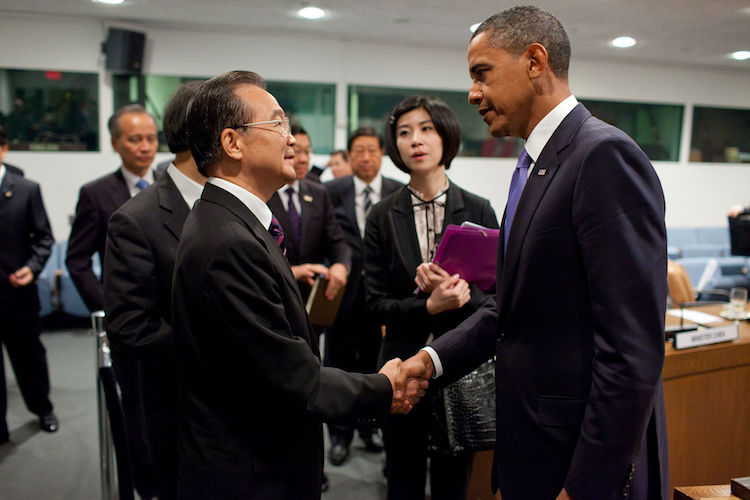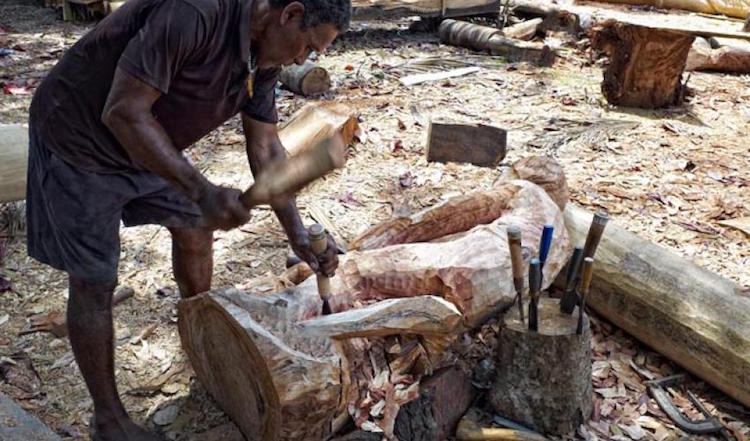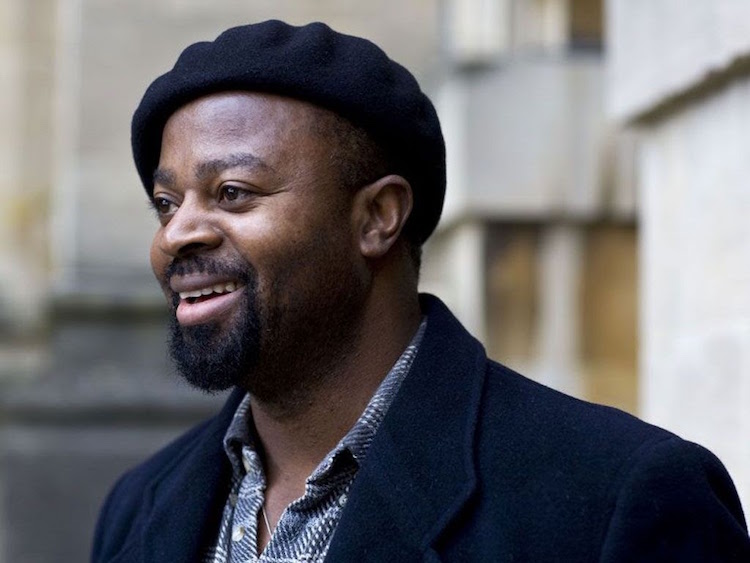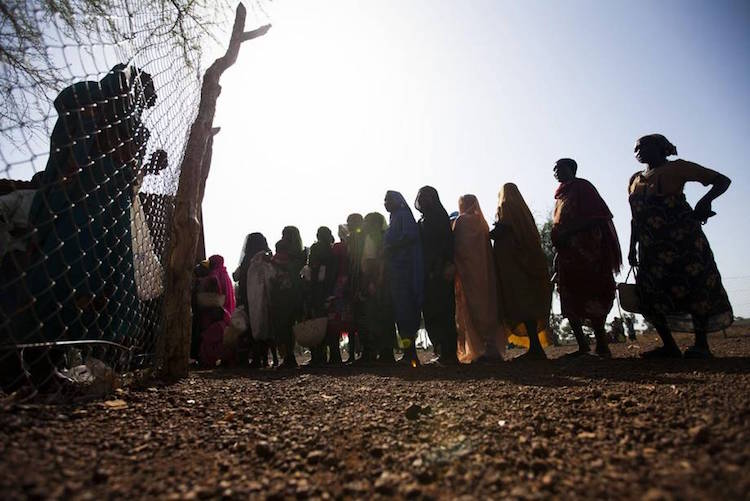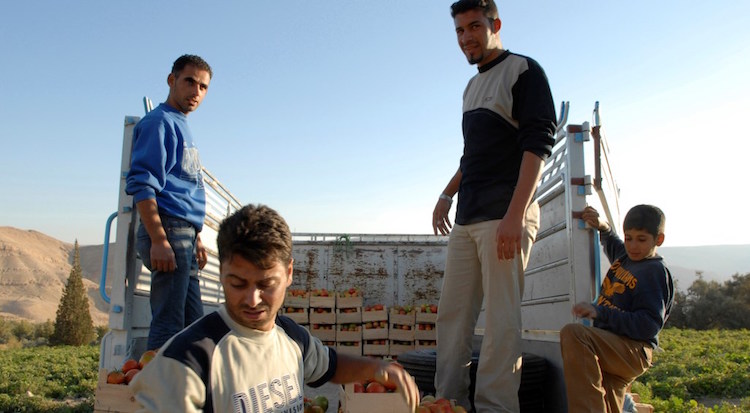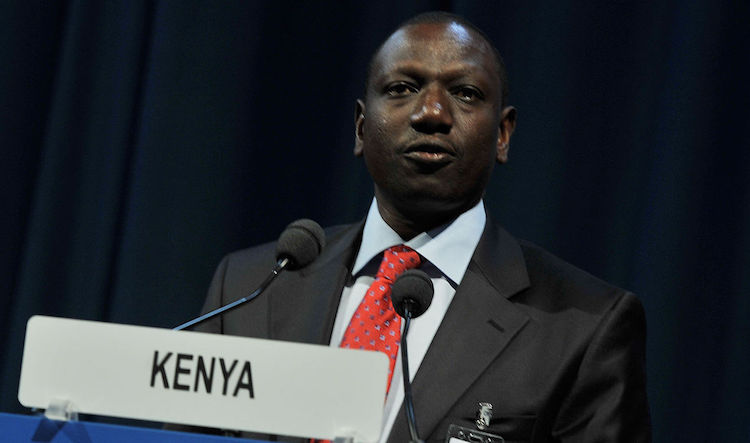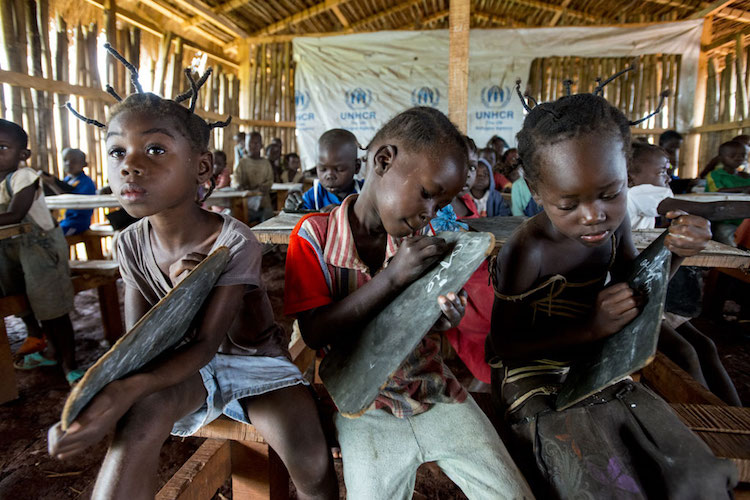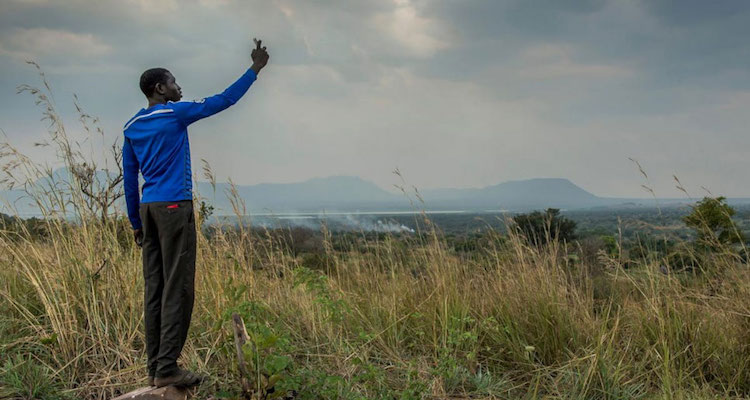Viewpoint by Dr Patrick I Gomes
Dr Patrick I Gomes is the Secretary-General of the ACP Group of States based in Brussels. Following is a slightly abridged version of his statement at the United Nations Summit on Refugees and Migrants in New York on September 19, 2016.
NEW YORK (IDN) – The 79 Member States of the African, Caribbean and Pacific Group (ACP) welcomes this timely and relevant meeting on migration. The ACP-European Union Cotonou Agreement provides for an on-going dialogue on migratory flows which is jointly pursued to address protection of human rights, non-discrimination in treatment of third country nationals, and of strategies to reduce poverty, the basic issue of the ACP-EU Dialogue on Migration.

